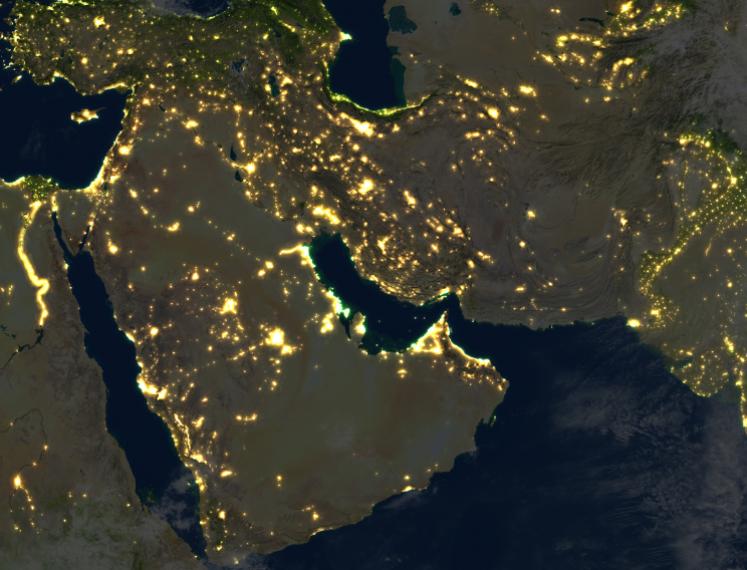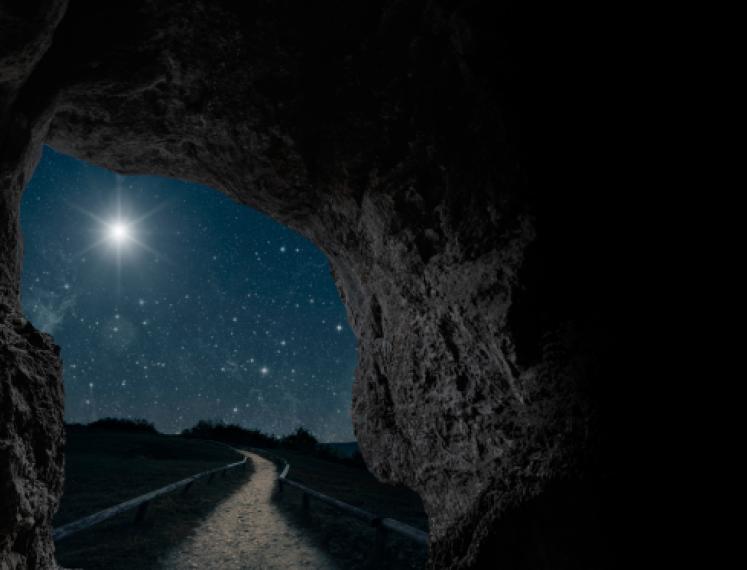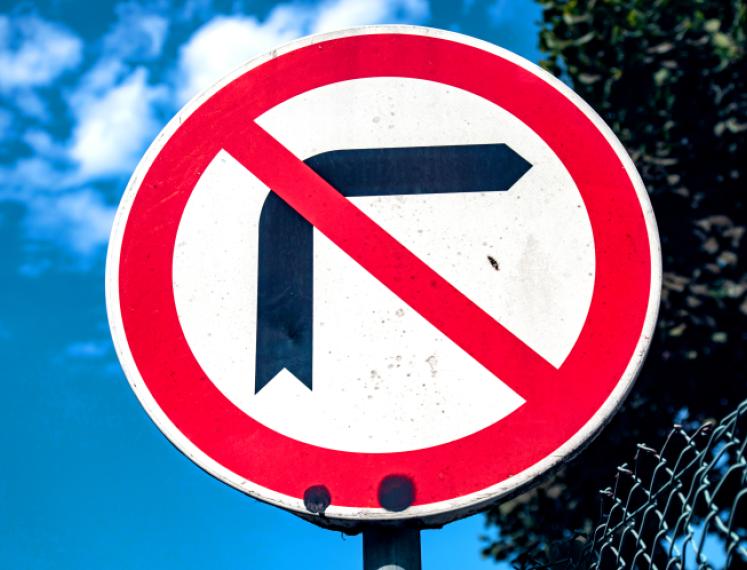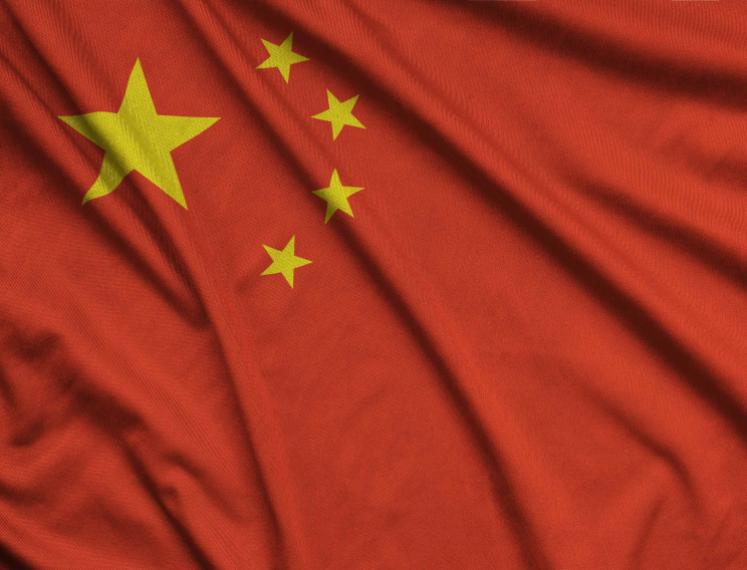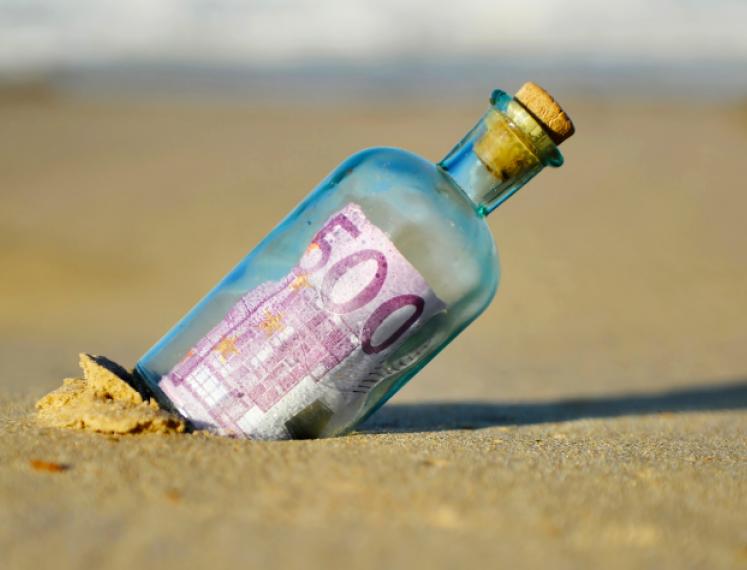House of Connections
Grote Markt 21
Groningen
Netherlands
India Elections 2024: What’s at stake?
In April and May 2024, India will hold the largest democratic elections in recorded history. Nearly 970 million registered voters will determine the future of India. They will decide who gets to sit in India’s lower house of parliament, the Lok Sabha or House of the People, as well as the fate of incumbent Prime Minister Narenda Modi and his ruling Hindu-nationalist Bharatiya Janata Party (Indian People’s Party, BJP). Whatever the outcome of the elections, there is a lot at stake for India and the world. Can the BJP continue re-shaping the Indian Republic? How does political communication develop during the election campaign? In what way could a third term for Modi influence the relationship between India’s religious communities? And how will the election results influence how India positions itself towards Europe and the world?
In this Let’s Ask we will analyse why this year's elections are so important and which role they play in global political transformations.
Anjana Singh is Assistant Professor in South Asian and Global History at the Arts Faculty of the University of Groningen. She researches South Asia and the Indian Ocean world from 1500 onwards with an eye for socio-economic changes including colonialism and racism. Recently she has completed a project on the history of slavery in Groningen.
Ritumbra Manuvie is Assistant Professor of Law at the University College Groningen. She specialises in the Indian Constitutional Law and Indian Human Rights law with a Law bachelors and Law Masters degree from India, and had the pleasure of practising briefly in India as a lawyer . She writes on and researches the intersection of law, politics and public policy and has recently been busy monitoring Indian elections and campaign communications in virtual spaces.
Clemens Six teaches contemporary history at the Arts Faculty of the University of Groningen. His research is about religion and politics in South and Southeast Asia, decolonisation, and rural development policies since 1945.
Arnab Dutta, a lecturer of European Politics and Society at the Faculty of Arts, will host the evening. A historian by training, Arnab researches the role of political ideas in European-Indian relations.
In Let's Ask, Groningen's finest researchers share their knowledge to provide context to topical issues and will answer your questions. This edition is organised in cooperation with the Faculty of Arts (University of Groningen) and the research group Democracy & Governance (Rudolf Agricola School). Unfortunately, there will be no livestream or recording available.

